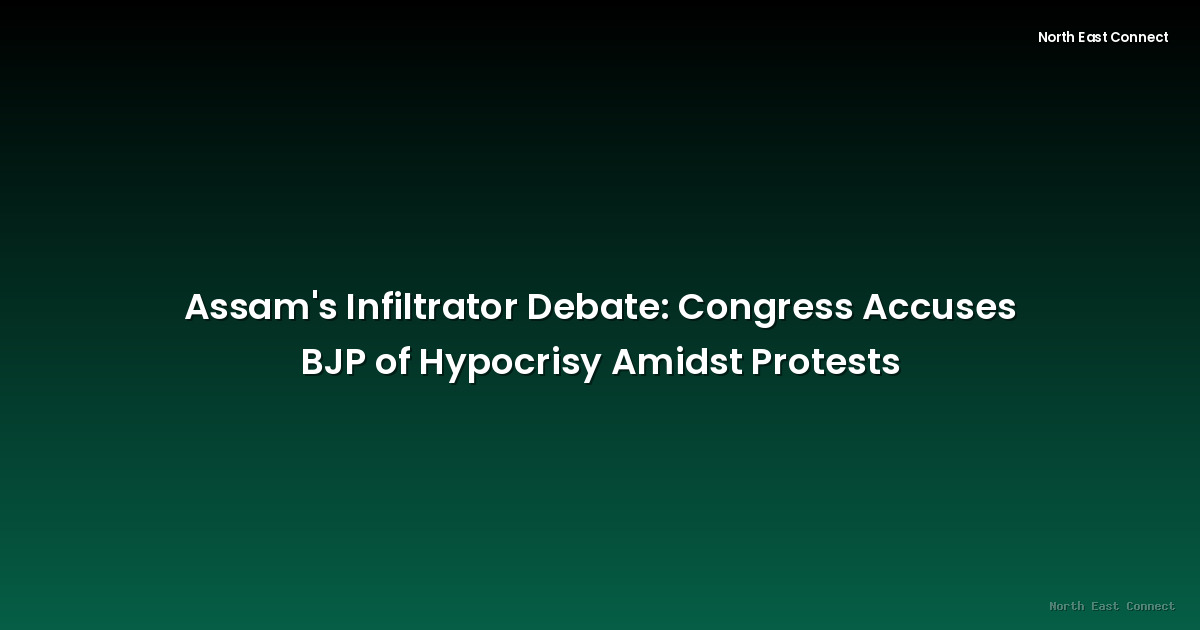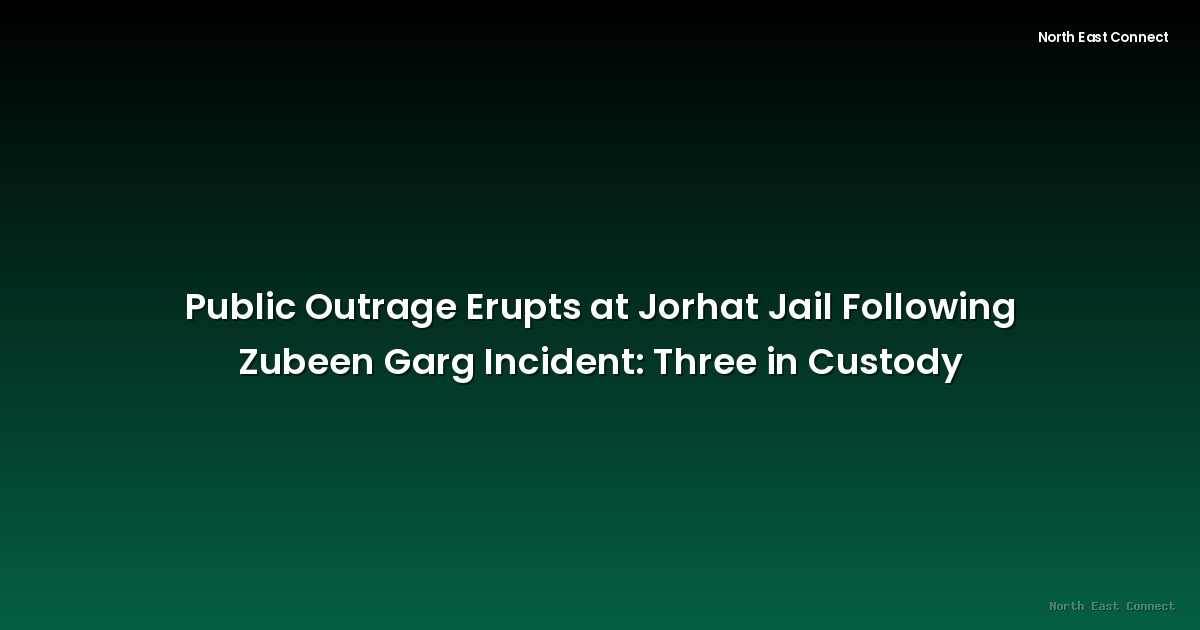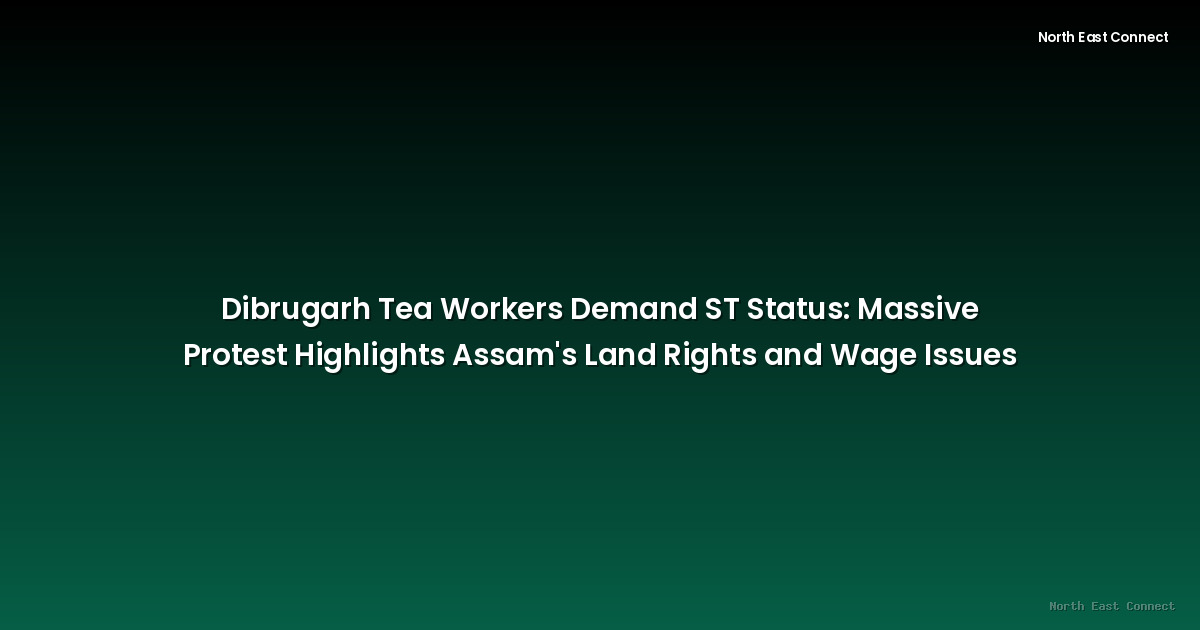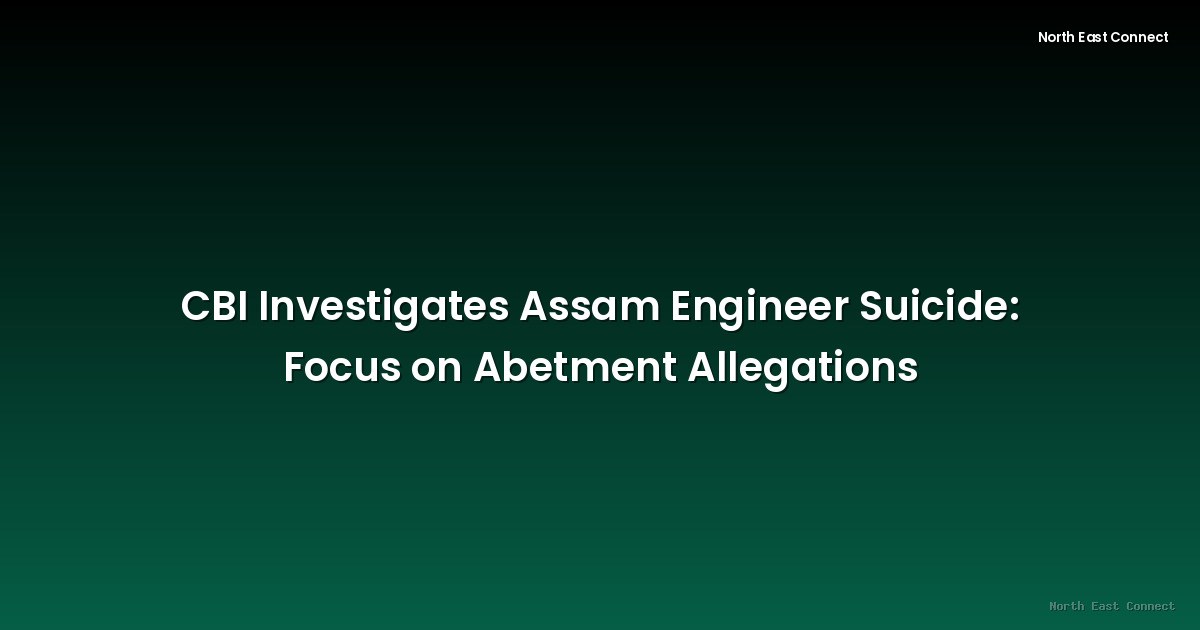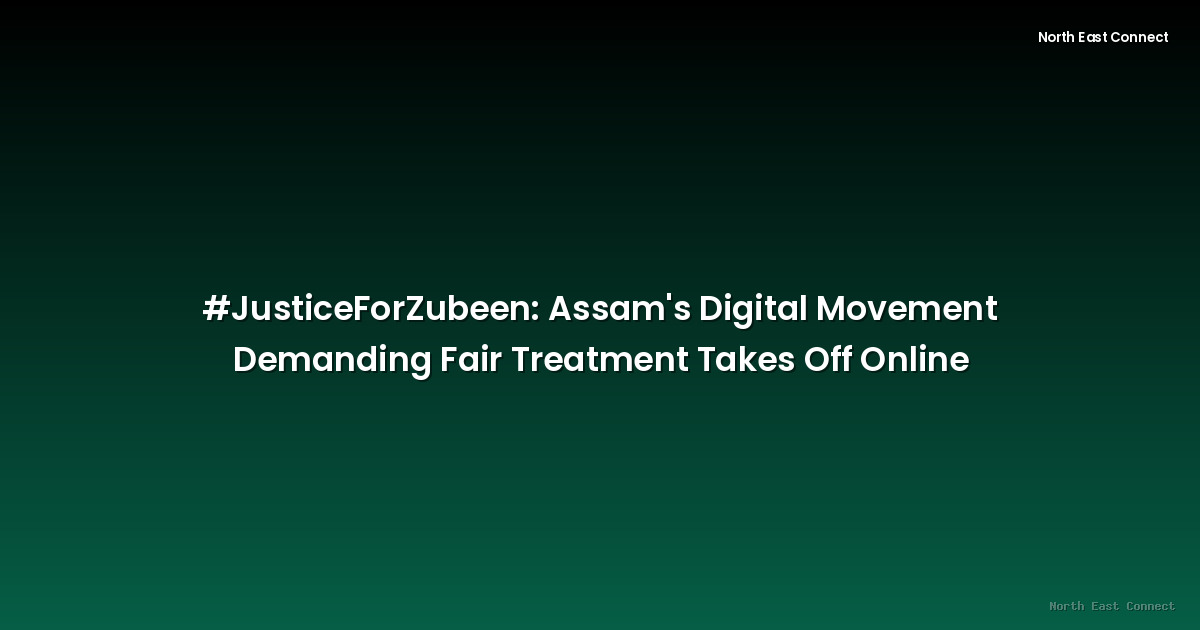2025-09-05 · News
Assam is currently experiencing a wave of protests fueled by the ongoing debate surrounding infiltrators. The opposition Congress party has sharply criticized the ruling BJP, alleging a contradictory approach to the issue. The protests highlight the deep-seated anxieties and complexities surrounding illegal immigration in the state.
The core of the contention revolves around the BJP's perceived inconsistencies in tackling the issue of infiltrators. The Congress claims that while the BJP has publicly taken a strong stance against infiltration, their policies and actions have fallen short of expectations, leading to disillusionment and frustration among the populace. Specific instances of alleged contradictions, though not detailed in the original source, are at the heart of Congress's criticism.
The protests themselves are diverse in nature, ranging from peaceful demonstrations to more disruptive actions. While the exact scale and intensity of these protests vary across different regions of Assam, their collective impact on the political landscape is undeniable. The unrest underscores the urgency of finding a resolution to the deeply felt concerns of the people regarding illegal immigration.
The issue of illegal immigration into Assam, and the broader Northeast region, is a long-standing and sensitive one with significant socio-economic and political ramifications. The demographic changes brought about by infiltration raise concerns amongst the local population about their cultural identity, access to resources, and job opportunities. These concerns are often intertwined with historical grievances and anxieties regarding the preservation of their distinct cultural heritage.
The Citizenship Amendment Act (CAA), passed by the Indian parliament in 2019, has further complicated the situation. While intended to provide citizenship to religious minorities fleeing persecution in neighboring countries, the CAA has become a focal point of protest for many who fear it might legitimize the presence of illegal immigrants.
The political implications of the protests are substantial. The Congress party's accusations of BJP hypocrisy aim to capitalize on the public discontent, potentially swaying public opinion ahead of any future elections. The BJP, in turn, faces the challenge of addressing the concerns of the protesters while maintaining its political standing. The government's response to the protests and its broader strategy on the issue of infiltration will be crucial in shaping the political landscape of Assam in the coming months and years.
The ongoing situation in Assam serves as a stark reminder of the challenges of managing illegal immigration, balancing national security concerns with humanitarian considerations, and addressing the anxieties of a population deeply concerned about its future. The resolution of this complex issue requires careful consideration of various perspectives, and a multifaceted approach involving political dialogue, enforcement measures, and social integration programs. The long-term stability of the region depends on finding a sustainable and equitable solution that addresses the fundamental concerns of the people of Assam. The coming days and weeks will likely see further developments in this unfolding situation.

